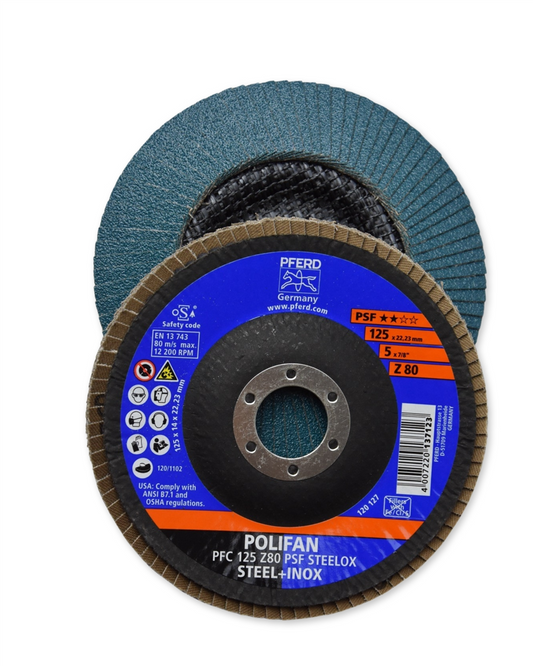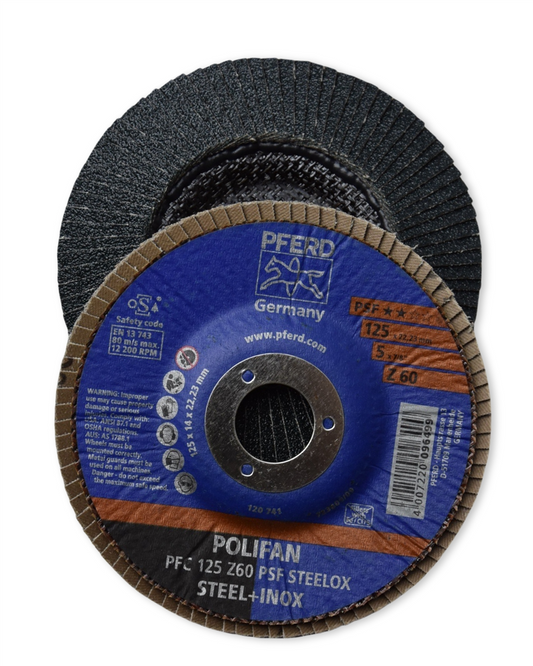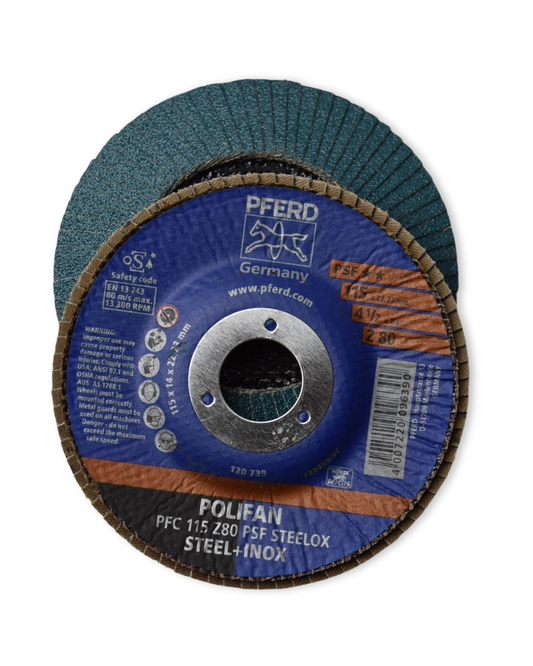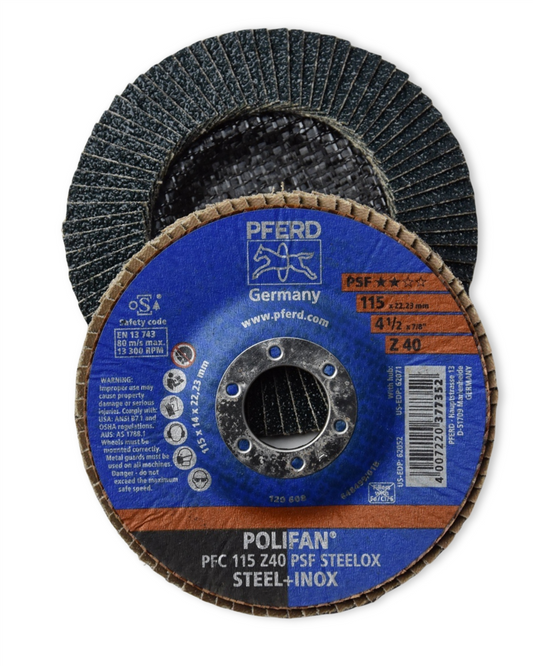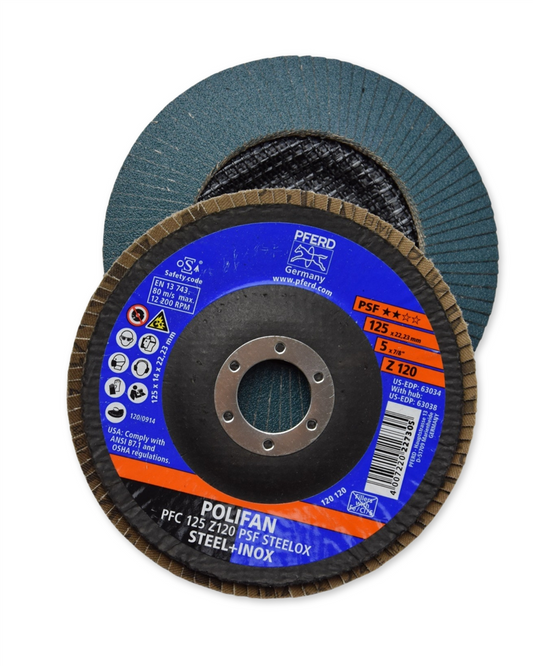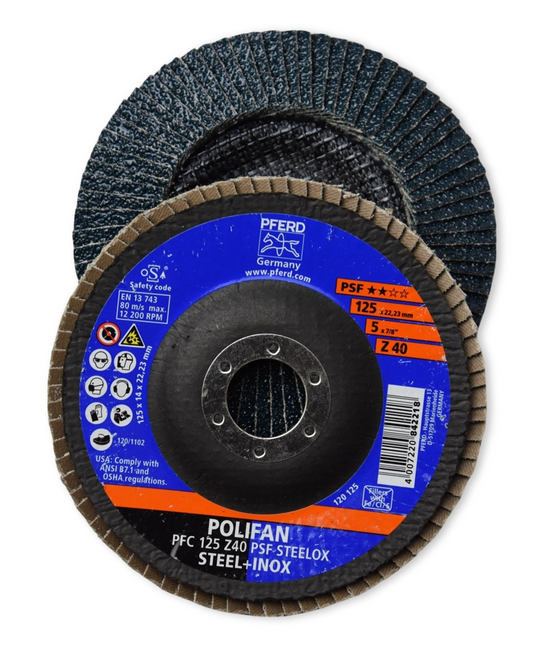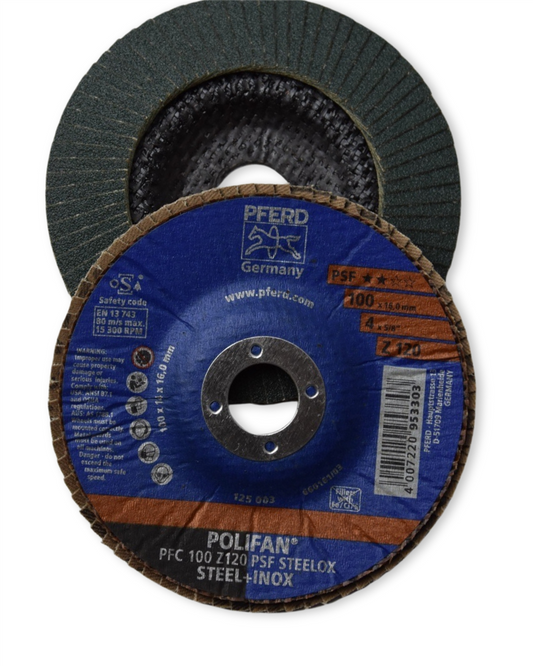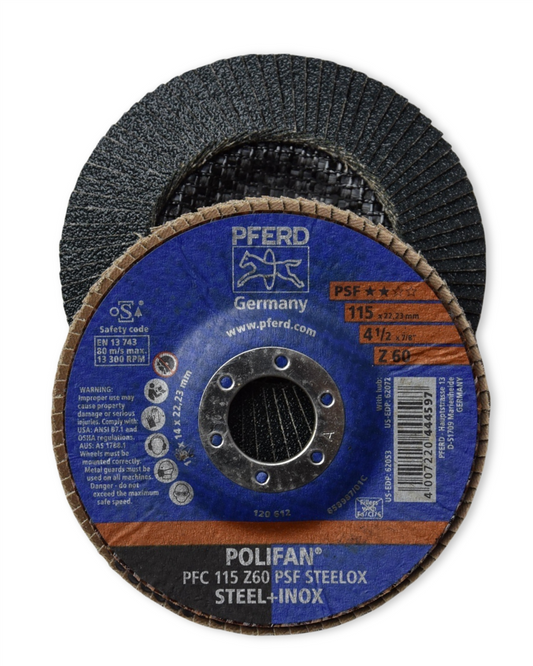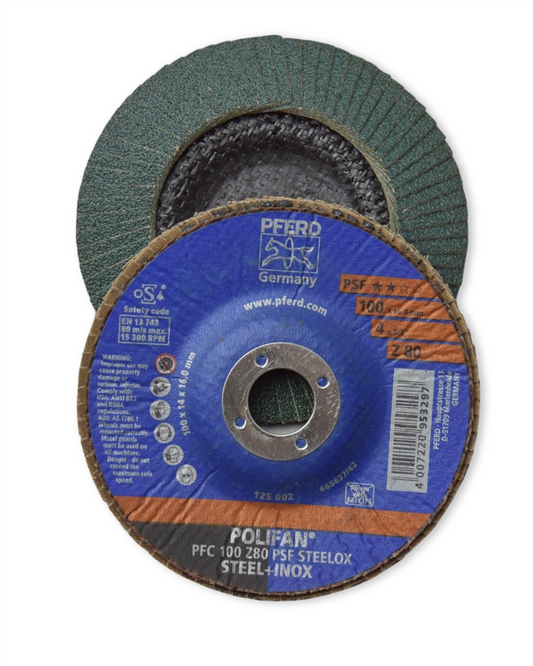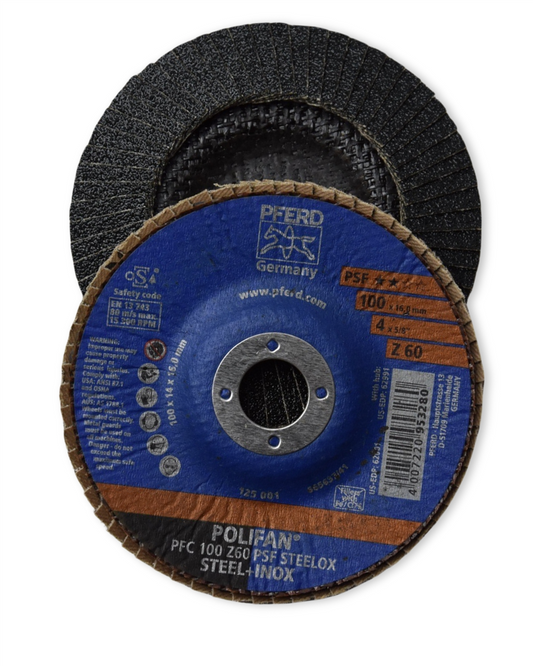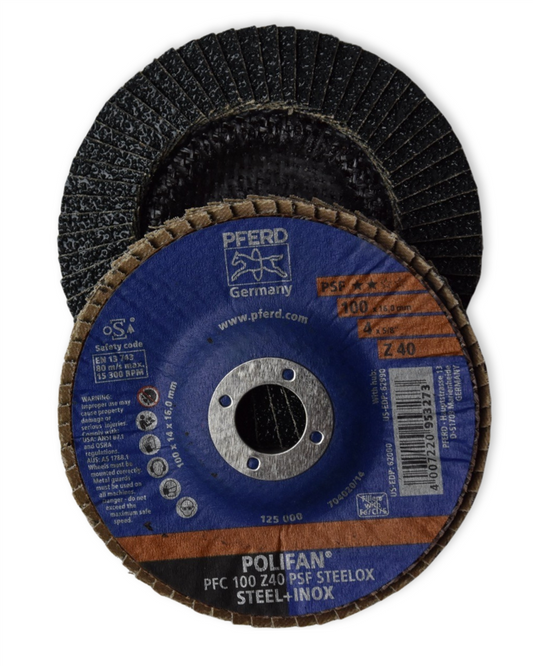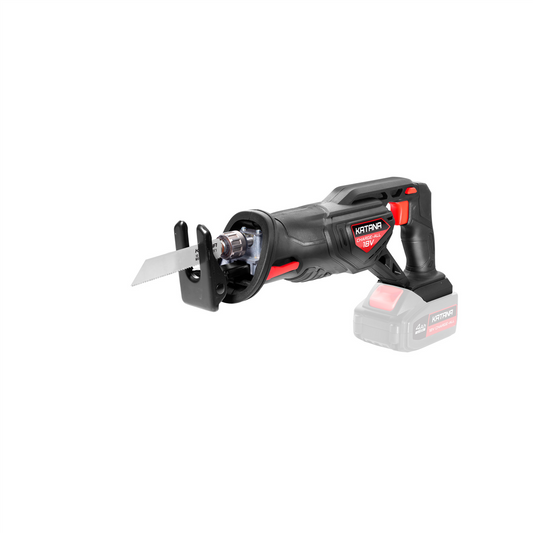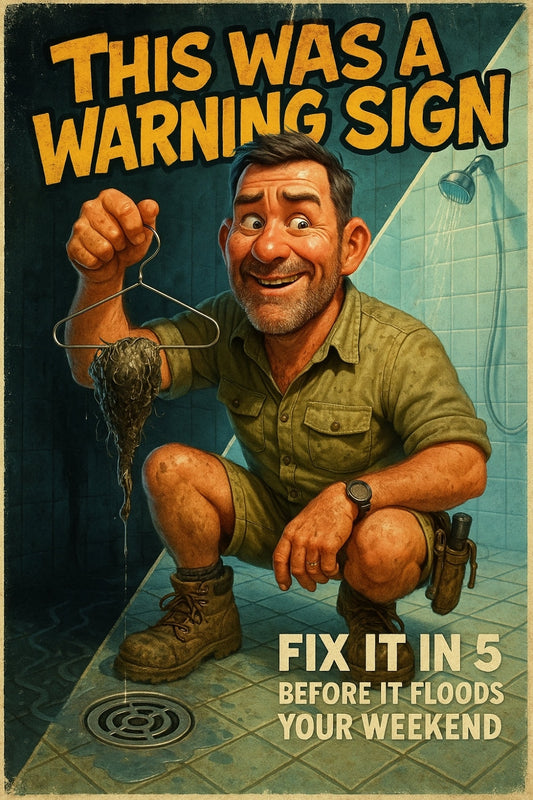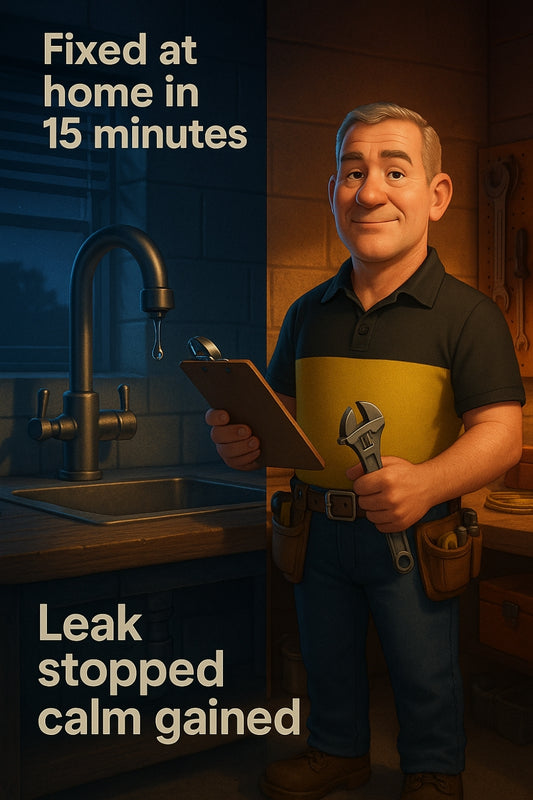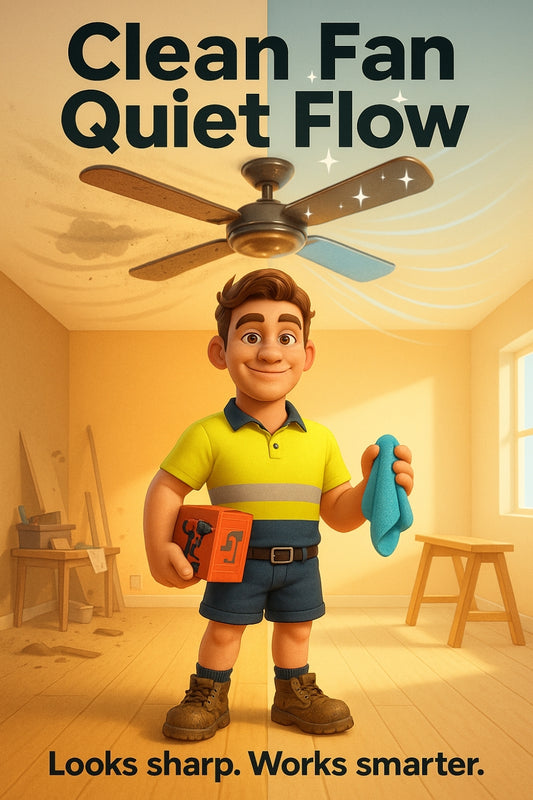How to Choose the Right Bolt and Nut for Your DIY or Home Repair Project
Share
Picking the Perfect Bolt and Nut: A No-Fuss Guide for DIYers
Ever found yourself staring at a wall of bolts and nuts, feeling like you've stepped into a secret code only tradies can decipher? You’re not alone. Getting the right hardware means the difference between a project that holds strong and one that has you racing to fix it three days later.
Understanding Bolt Types – It’s Not Just About Size
Bigger isn’t always better, even when it comes to bolts. Choosing the right one depends on the job.
- Hex Bolts: The bread and butter of fastening. Great for wood, metal, and structural work.
- Coach Bolts: These have a smooth, domed head and a square section under it so they don’t spin when tightened. Perfect for timber projects.
- Carriage Bolts: Good for furniture, fences, and anything that needs a neat finish.
- Anchor Bolts: Designed for securing things into concrete. Once they’re in, they’re not coming out easily.
- Eye Bolts: Great if you need a point for ropes or cables to connect.
Knowing what you're working with makes life easier when you rock up to the hardware store.
Nut and Bolt Pairing – No Guesswork Needed
A bolt without the right nut is like a drill with a flat battery – pointless. Here’s how to match them up.
- Thread Type: Bolts have different thread pitches. Stick to fine threads for machinery and coarse threads for wood and general construction.
- Material Match: Stainless steel bolts? Use stainless steel nuts. Mixing metals can cause corrosion over time.
- Locking Nuts: If things will shake or vibrate (think outdoor furniture or machinery), go for a lock nut with a nylon insert.
One simple trick? Take the bolt (or nut) you’ve got to Strathalbyn H Hardware, and match it up in-store.
Getting the Right Strength – Because Weak Bolts Are a Nightmare
Think of bolt grades like the gears on a bike. Lower numbers mean standard strength, and higher ones mean tough as nails.
- Grade 4.6: Basic steel bolts, good for lightweight work.
- Grade 8.8: Strong enough for most DIY and repair jobs.
- Grade 10.9 & 12.9: High-strength options, often used in cars and heavy-duty machinery.
Picking the right grade prevents unexpected failures – no one wants a wobbly table or a broken project.
Weatherproofing – Rust Is the Enemy
Nothing’s worse than a bolt rusting solid when you need to undo it. If your project is outdoors, exposed to moisture, or near the coast, consider:
- Stainless Steel: Handles corrosion well, though not the toughest option.
- Galvanised Steel: Coated to resist rust. Ideal for fences, sheds, and outdoor furniture.
- Zinc-Plated: A light coating that slows rust, but not for long-term exposure.
For outdoor fixtures, play it safe with galvanised or stainless steel. It saves you from dealing with replacements down the track.
The Final Checklist Before You Leave the Store
Before heading for the checkout, do a quick check:
- Does the bolt length fit the material thickness?
- Are the nut and bolt threads a perfect match?
- Have you considered if washers are needed for extra grip and stability?
- Does the material suit the environment it’ll be in?
If you’re unsure, a quick chat with the team at Strathalbyn H Hardware will keep you on track.
Final Thoughts
Next time you're in the hardware aisle, you'll know exactly which bolt and nut to grab without second-guessing. No more 'trial and error' – just solid, reliable choices every time. Happy DIYing!
Cheers,
Candeece

Stay Connected
Follow our Facebook Page: Strathalbyn H Hardware on Facebook

